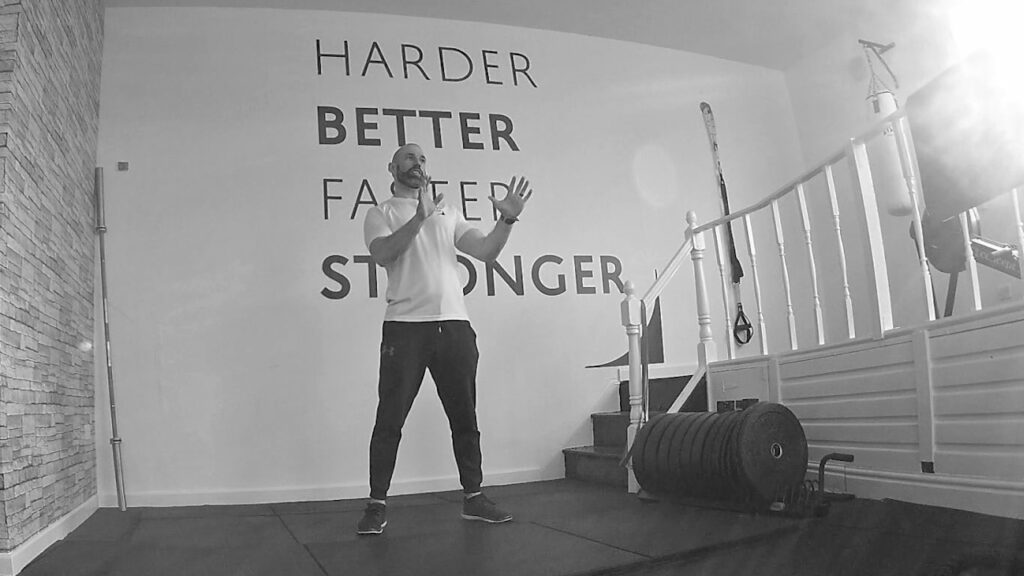Share the dream: Why are personal training weight loss programs so successful, and why can’t I do it on my own?

“I’ve tried everything”.
As a coach, if you’d paid me £10 for every time I’d heard that, I wouldn’t need to coach any more.
Let me start by saying this. Every diet works. Every diet is designed with one thing in mind: weight loss. And to that goal, every diet gets there in the following way: calorie deficit.
Weightwatchers: works. How: calorie deficit. Slimming world: works. How: calorie deficit. Calorie counting: works. How: well...you get the idea!
The biggest obstacle a dieter faces is themselves, and their own decision to either a, not adhere to the diet, or b, quit. So why does this happen so much to so many people? Are we doomed to fail diet after diet? The answer lies in part of the question, in that people decide to fail. So rather than look at why diets themselves fail, I’m going to be discussing why we decide to quit them.
The aim of the game in weight loss is to find a way to cut calories on a daily basis consistently leading to an overall loss in body mass, particularly fat mass. There are many ways to do it. Take one example, counting calories. You eat, you record, you count. You don’t go over your target. You lose weight. Simple right? And yet people generally suck at this. They get hungry late at night, and pig-out. They’re good all week and at the weekend, they pig-out. They work hard at the gym and reward themselves by pigging-out. (Some people have been very successful at this by the way, but we’re talking about the people that struggle here). They walk past the fridge and open it just to see if there’s anything that they might want to eat but they won’t eat it even if they see something, they just want a look, and whoops, they pig-out. But why does it happen, when some people are so desperate to lose weight, the fact that they fall off their diet causes them stress and upset?
The truth lies in our subconscious. When we start a diet, or new regime, most people have about three weeks before they lose motivation and fall off. It’s not that we get hungrier and hungrier over the weeks and after twenty-one days the hunger is so severe it becomes impossible to resist the urges. Hunger is fairly constant during a modest calorie deficit. And even in severe deficits, hunger (tummy rumbling hunger) only lasts for so long during the day before we forget about it. The problem lies in our subconsciousness’s ability to learn what we are doing.
The subconscious isn’t the sharpest tool in the shed, and it takes a while to pick things up, but it will learn your diet, and your methods for controlling energy consumption in around three weeks time, or roughly equal to the time that most people start falling off their diet. Suddenly, hunger levels spike late at night, food urges soar at the weekend, you unconsciously open the fridge every time you pass it. Your subconsciousness has not only learned your behaviour but it has also found your weaknesses and is striving to maintain homeostasis by getting you to consume and put back on the weight that you’ve lost. It’s a beautiful system.
Take this scene from one of my favourite films. It shows how two people are able to share a dream, but in order for the dream to be stable, so in order for the dreamer to be fooled that it’s real, another person has to design the dreamworld. And it has to be a person other than the dreamer, because their subconscious will learn it too quickly, and comprehend the falseness of it, and the dream falls apart.
Like with a diet program, your subconsciousness is learning your behaviour and looking for weaknesses in your resolve to get you to eat more, and gain all the weight back that you’ve lost. That’s were a trainer comes in. They design the game. They tell you the rules, and your subconscious can’t figure you out, because it’s not your game. It’s your trainer’s. It can’t convince you that it’s not worth carrying on. It can’t formulate replacement rules on the fly, that just so happen to lead right back to where you started: weight gain. You are more likely to adhere to a program designed by someone else than you are one designed by yourself, particularly if that program is good, but that aside, it’s more important that it’s not come from your mind. External accountability reinforces the program, and positive feedback silences quite totally the negative self-sabotage proffered by the subconscious.
But if you are going it alone, my advice to you is this. Make the game so complex, with so many rules that the subconscious can’t learn what your doing. Give yourself rules that subvert your subconscious efforts, such as, no eating late at night. Not that eating at any time of day is more fattening than any other, it’s just that you’re more likely to over-eat late at night, due to being tired and weak-minded. Don’t drink too much. Because it makes you weak-minded. Make a plan before you eat. Because making decisions on the fly run the risk of being poor ones. Make allowances to change to whole system should you start to fail. Change all the rules. You’ve been eating two meals and a snack so far. Start eating three smaller ones with no snack. Meal prep. Follow famous diets and diet books. Fast. There is an abundance to things you can try to change the game. But the best thing you can do, is hire a coach.

Recent Comments